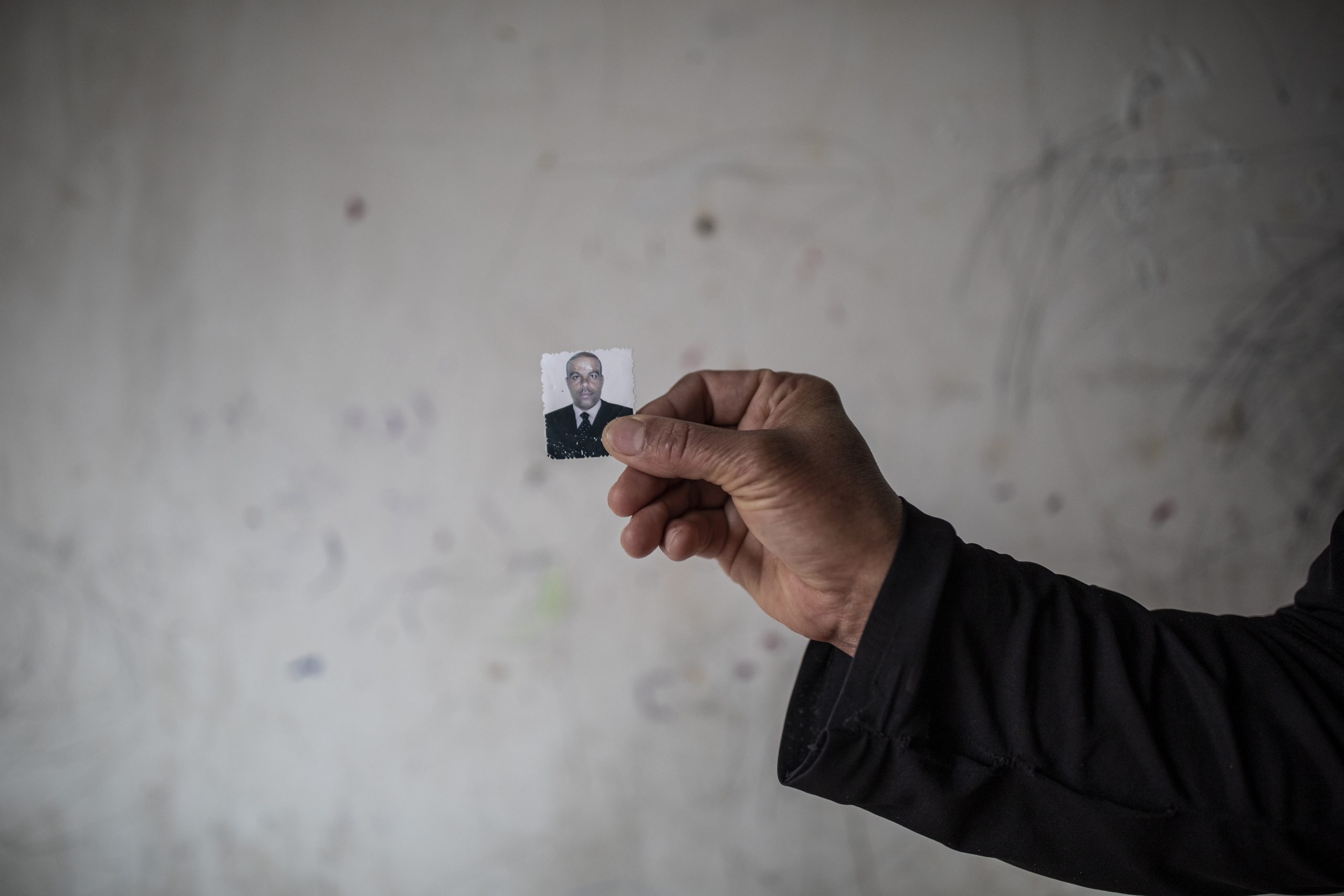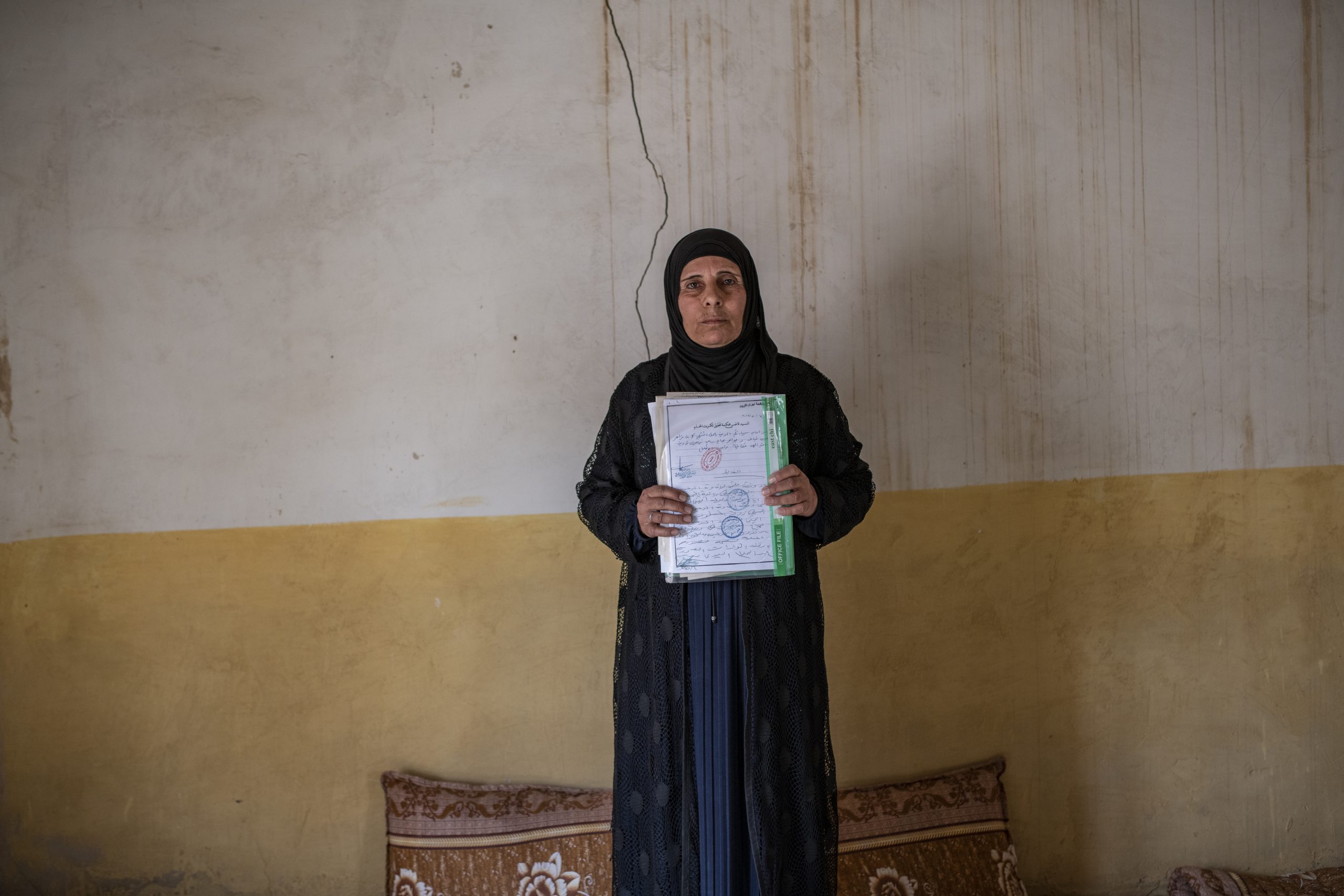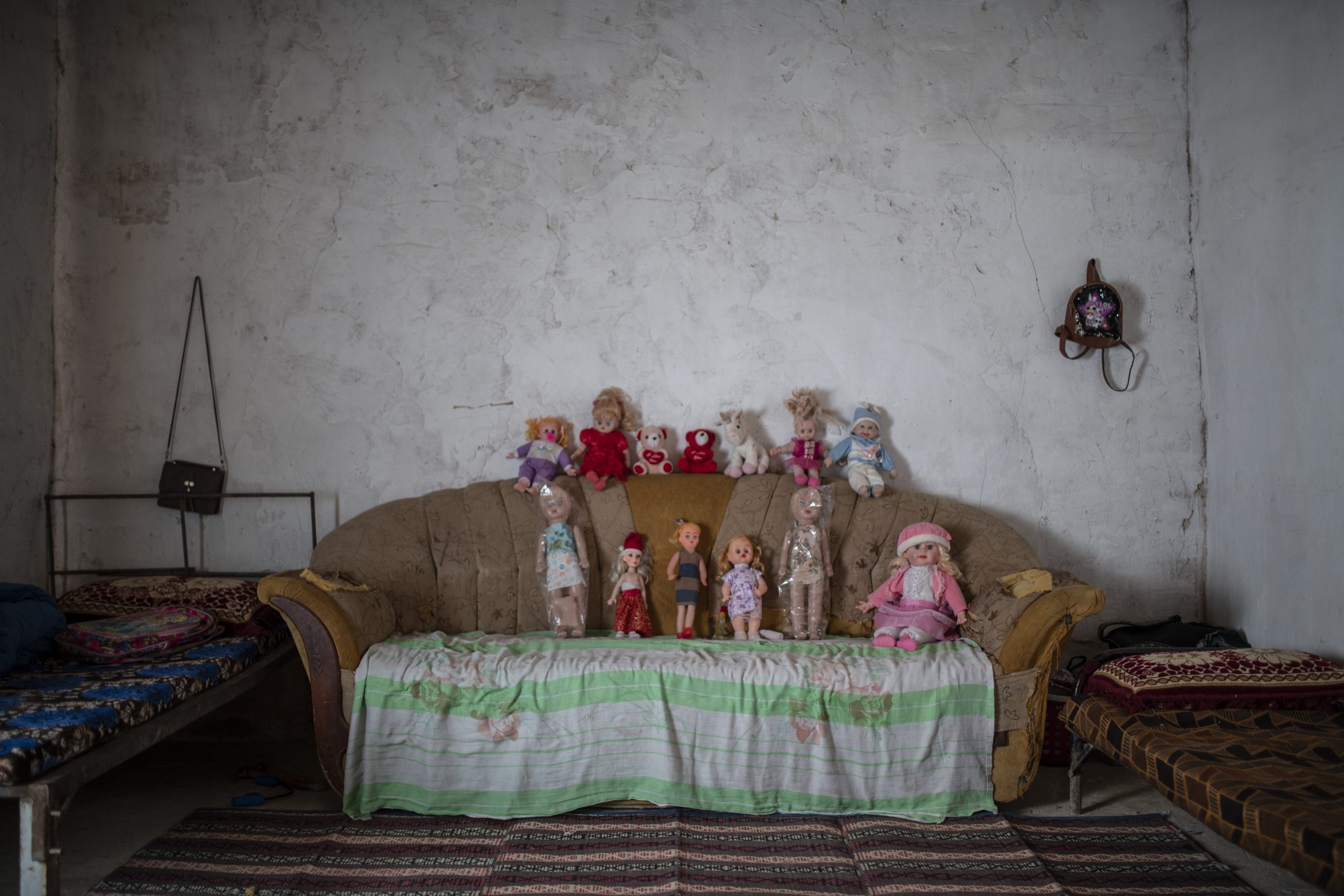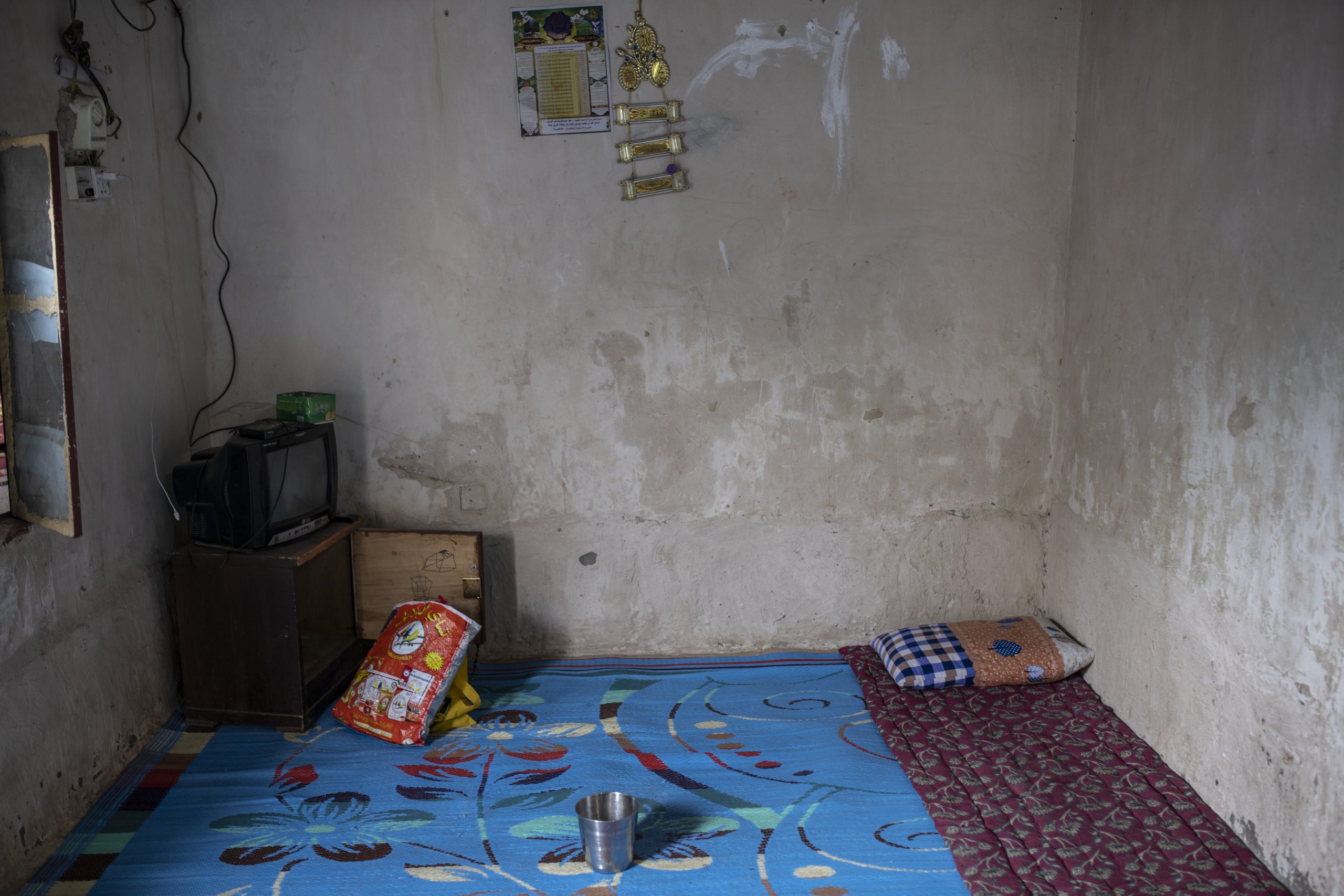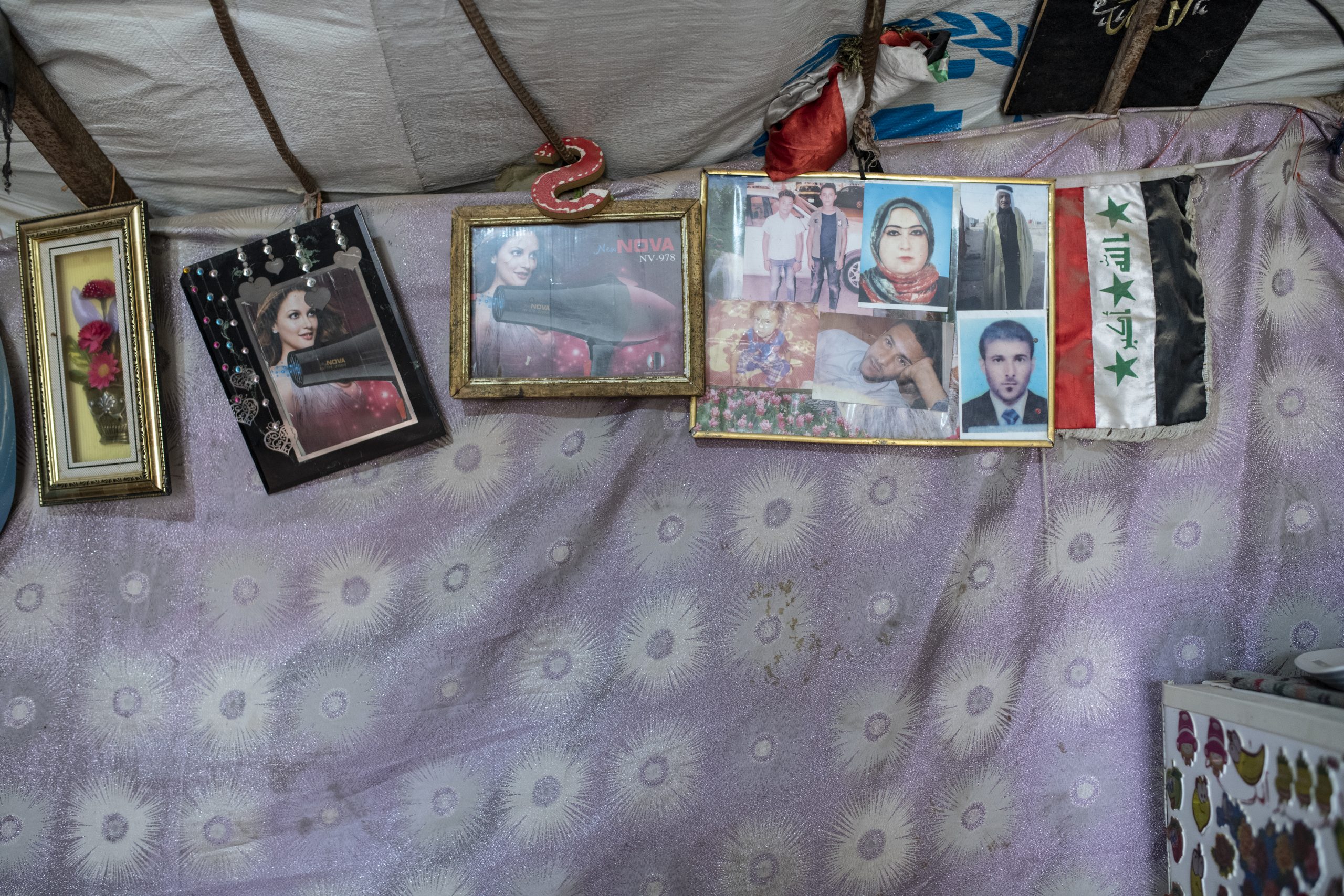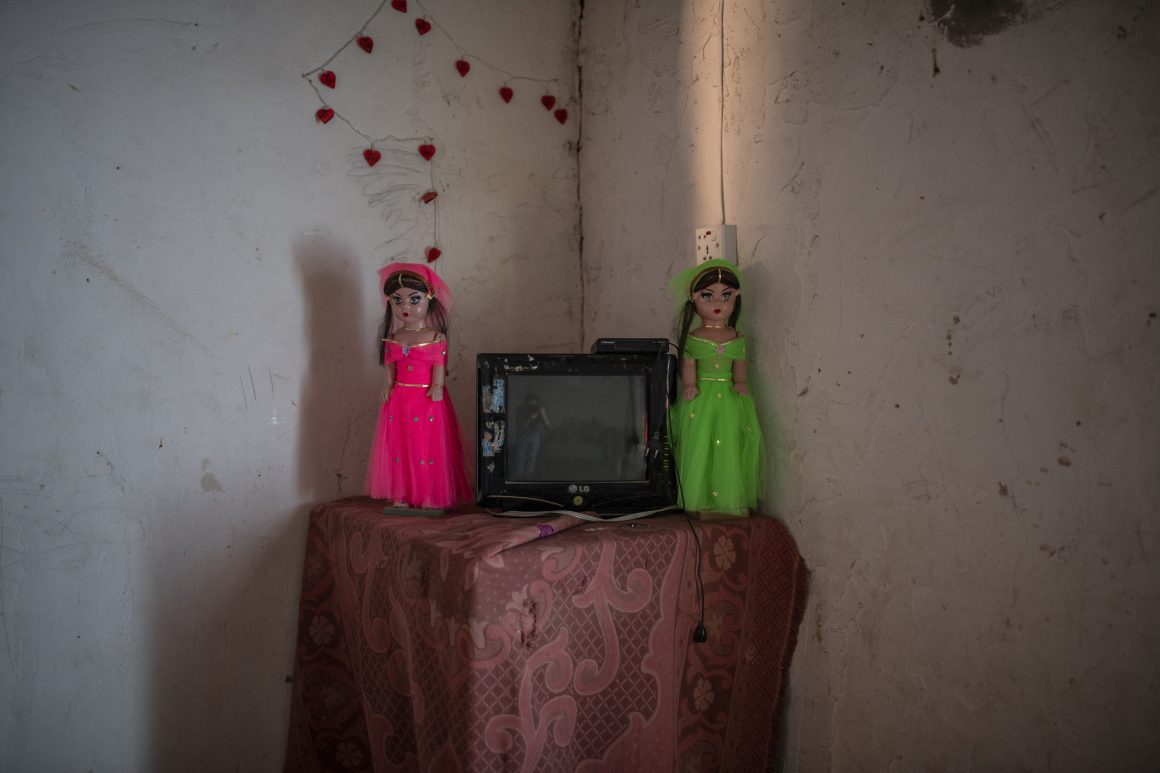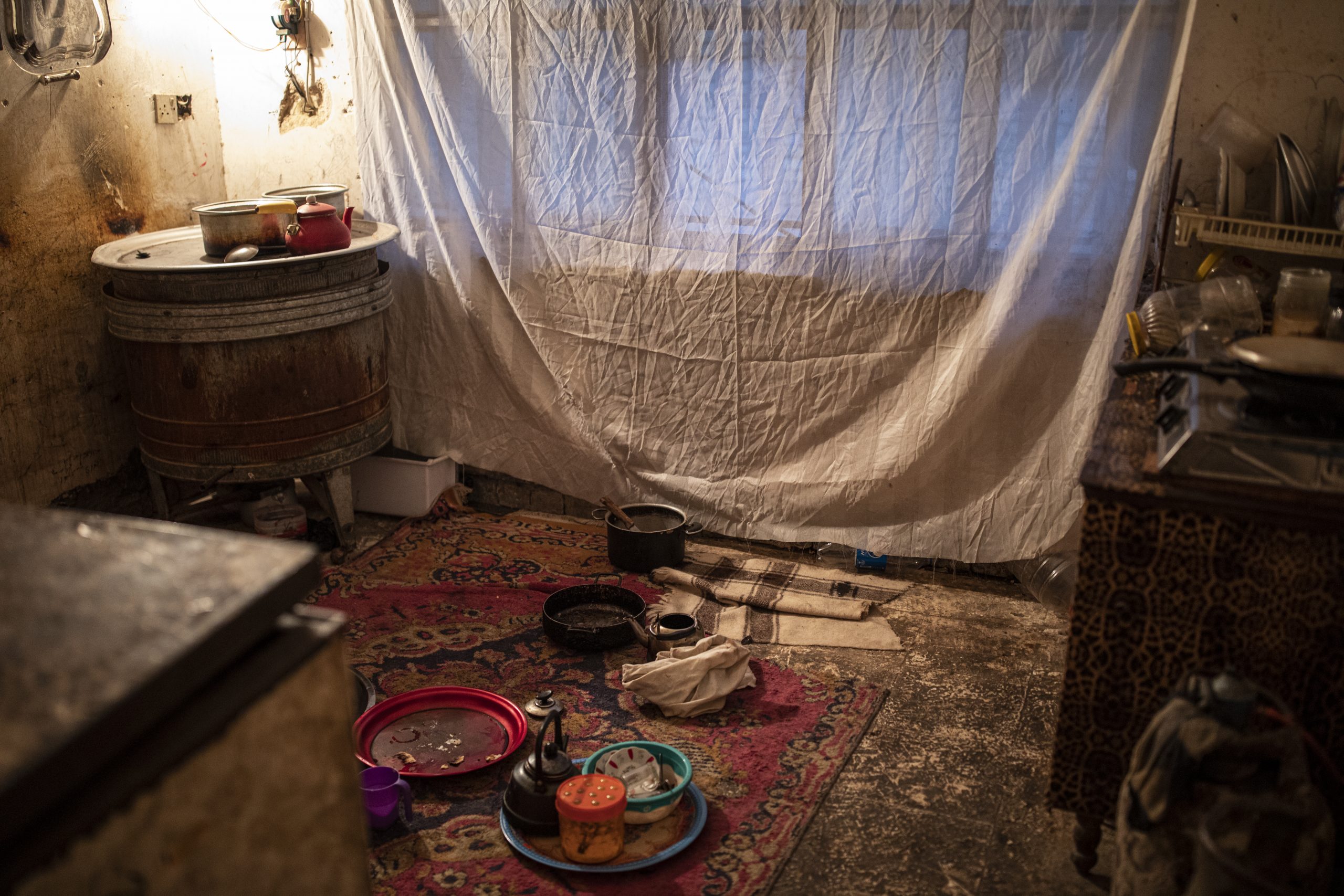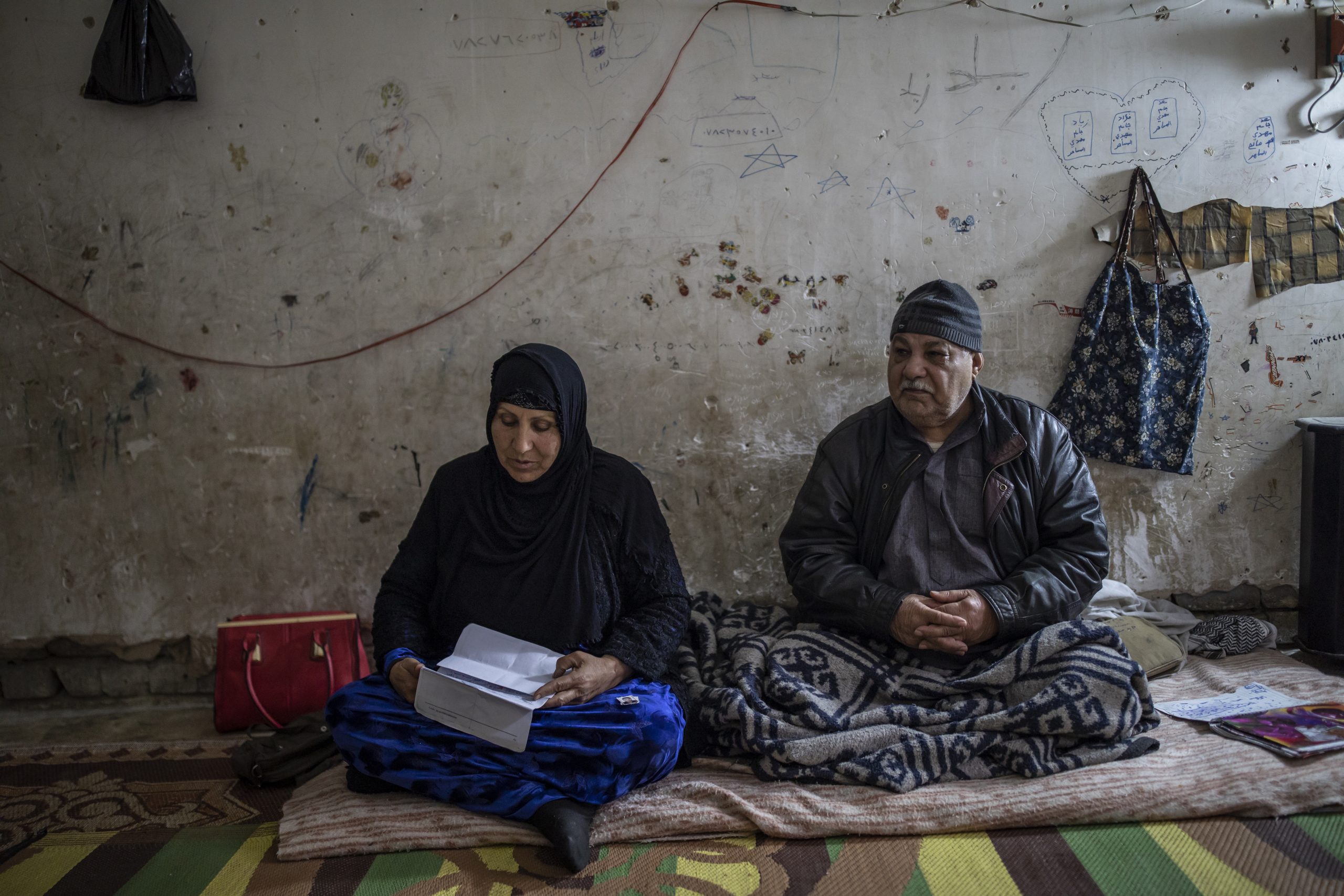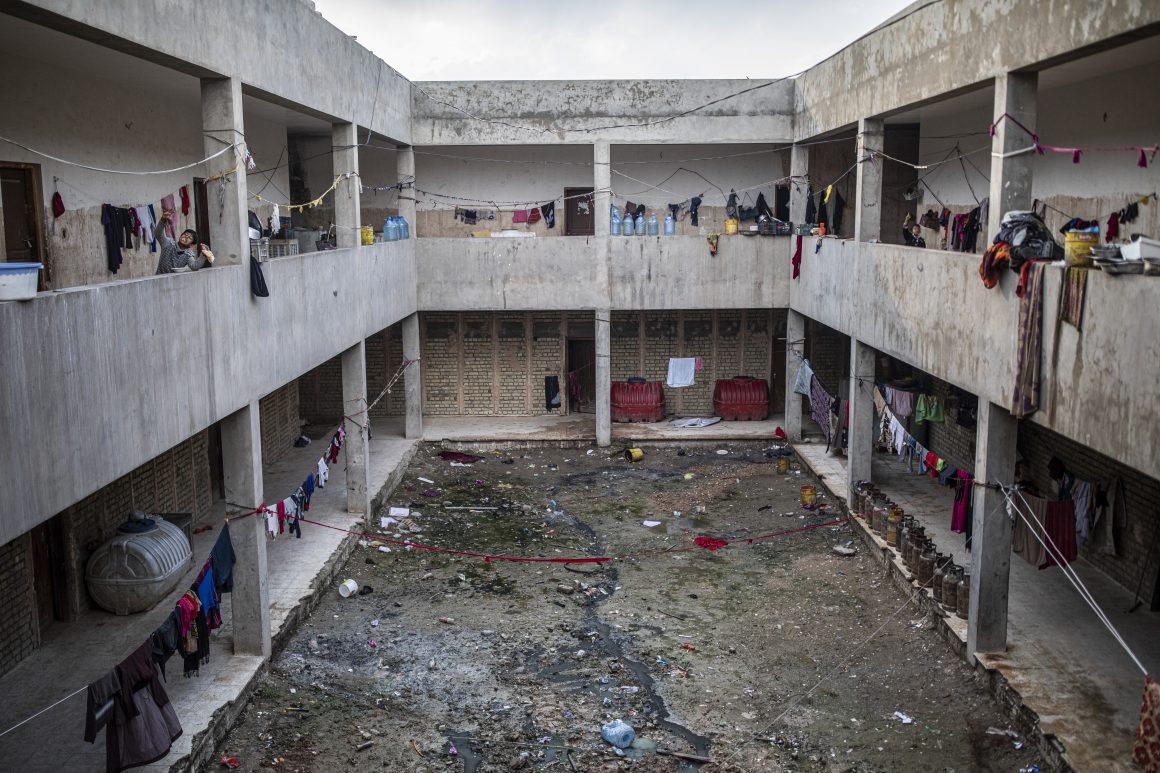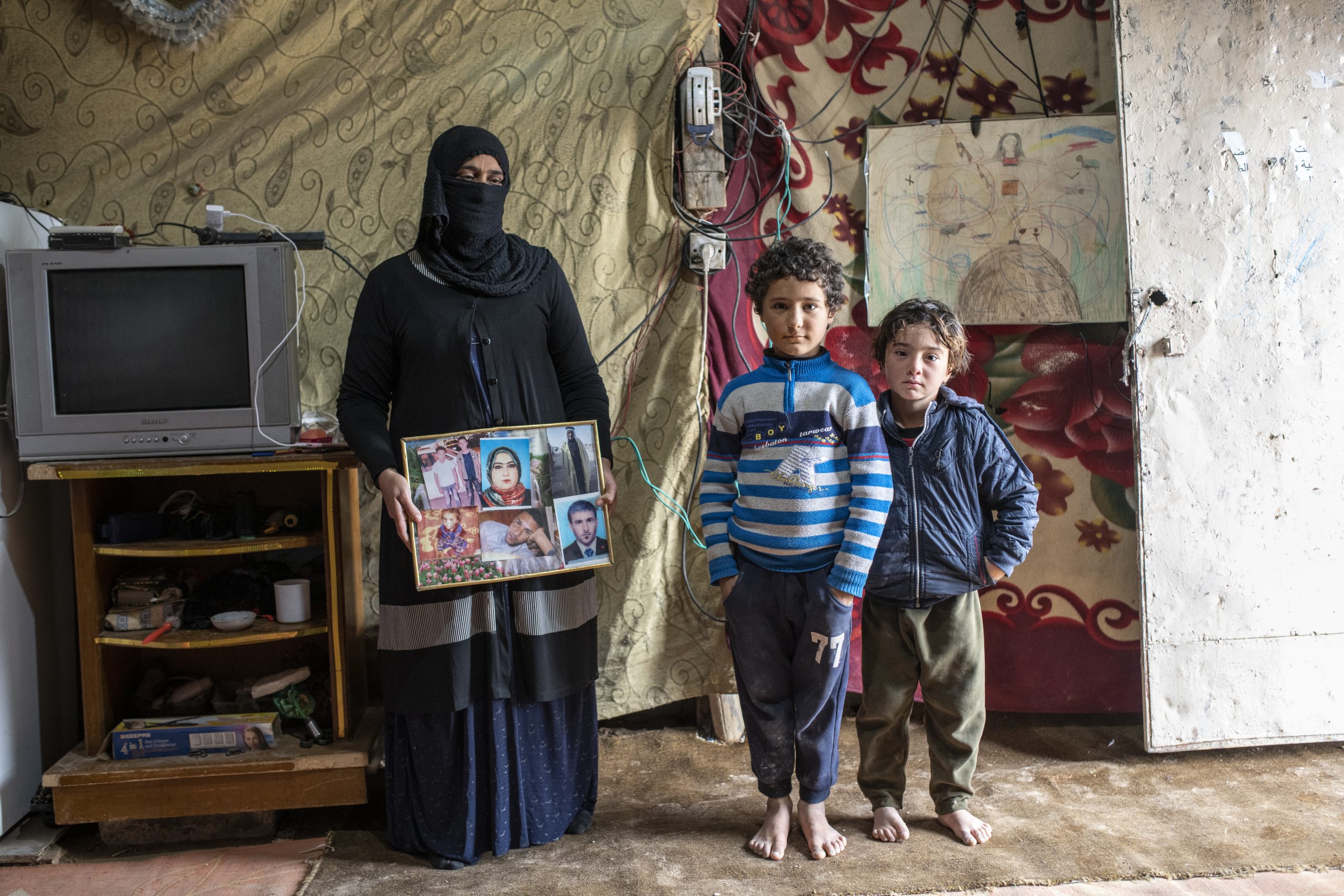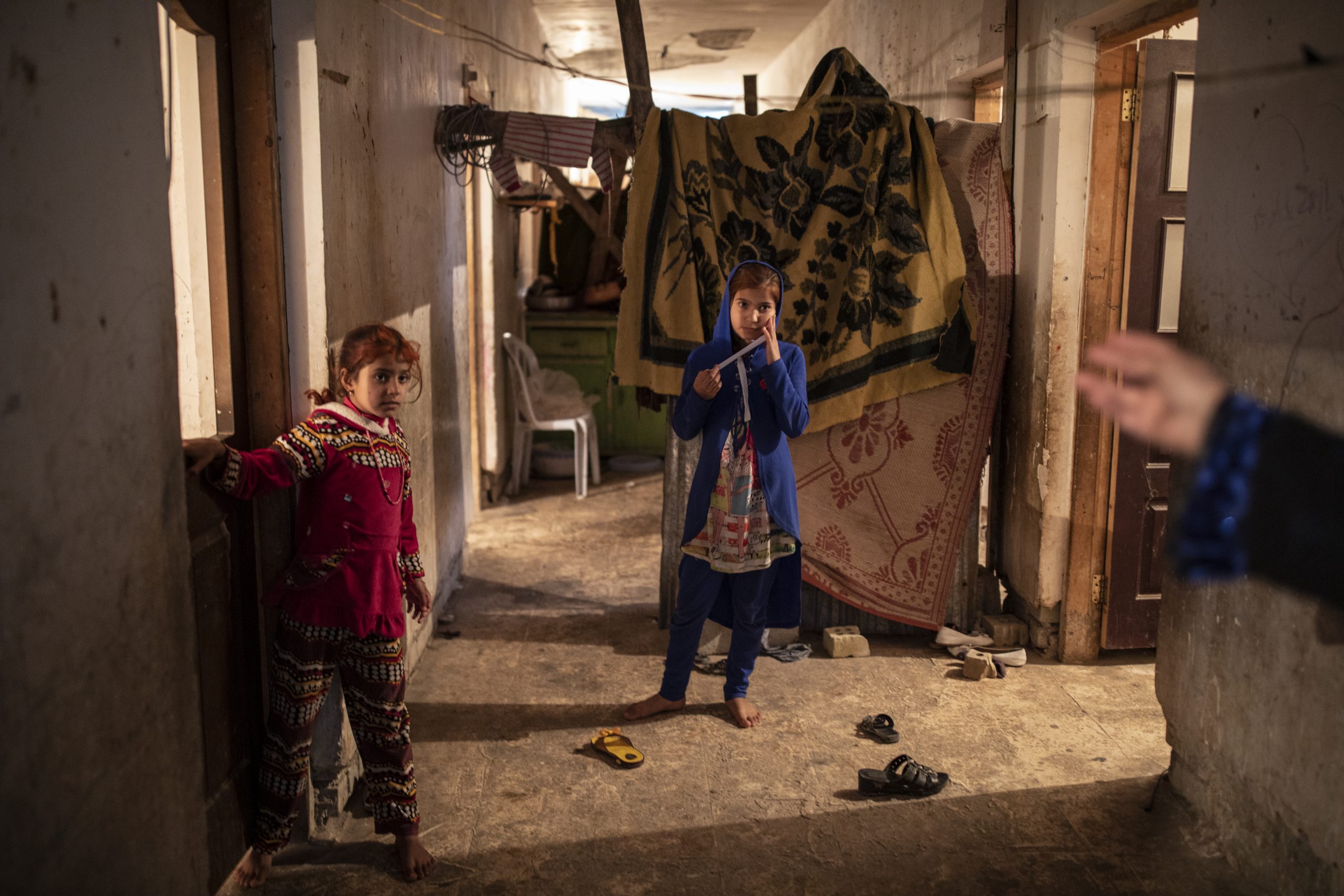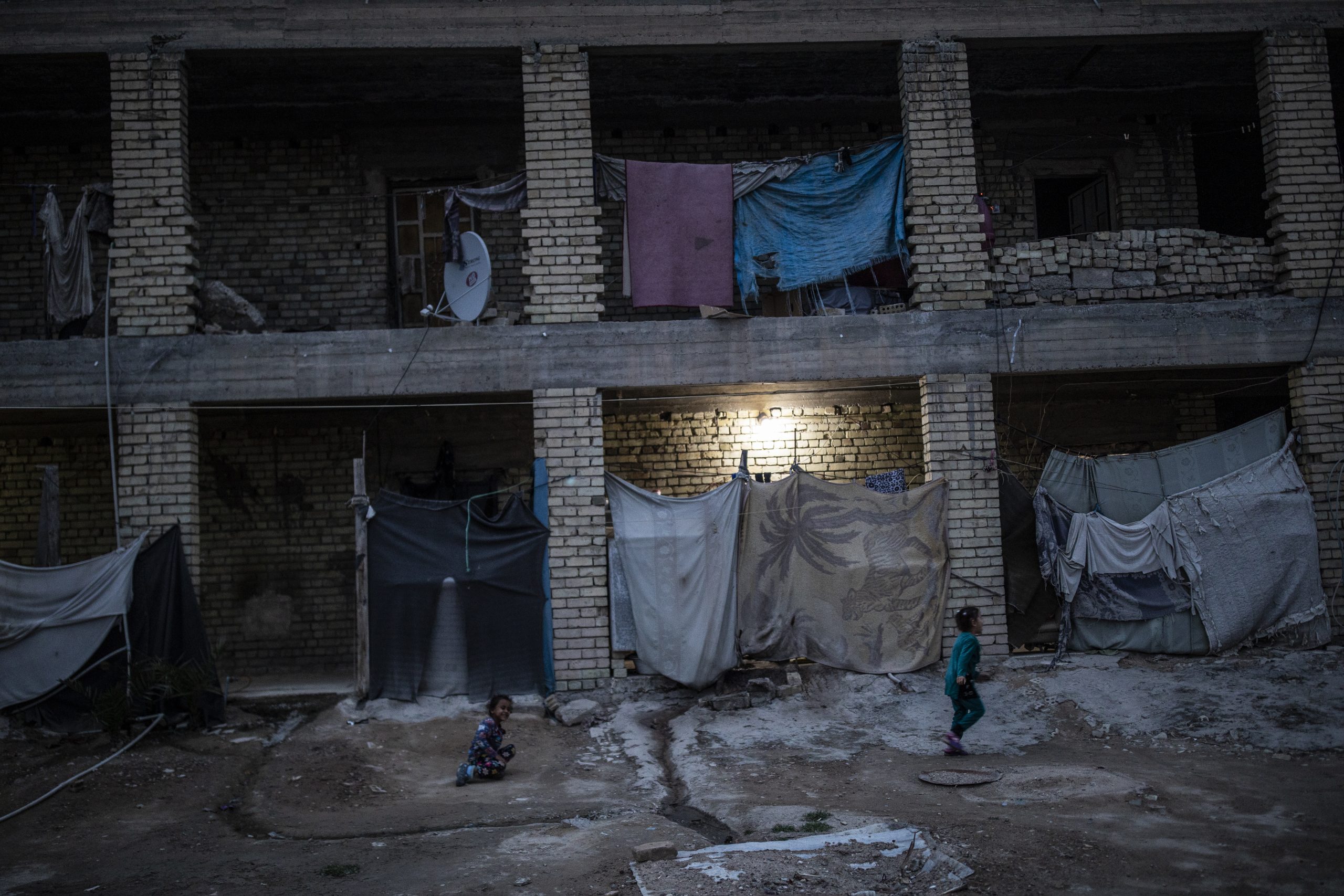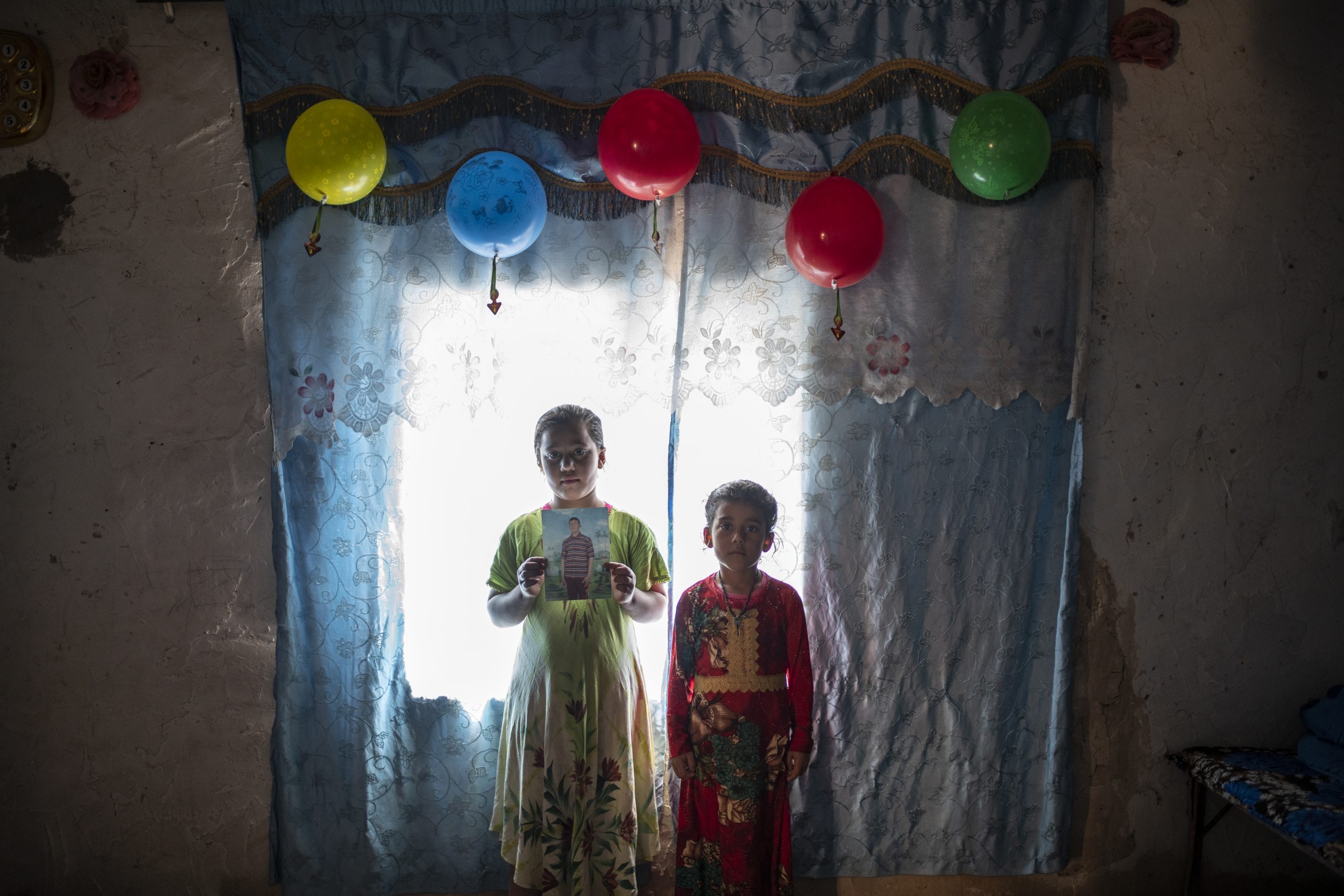
Refugees In Their Own Land
When ISIS launched its offensives against several Iraqi cities in 2014, the villages and countrysides surrounding those cities were heavily affected by the combat that took place. The city of Samarra, located 120 kilometers north of Baghdad, is controlled by Iraqi forces who successfully protected the city from ISIS conquest.
There are several rural villages around the city of Samarra whose local economies are based mostly on raising livestock; their residents were most significantly affected by the displacement that occurred as a result of the conflict in the region. Countless villager families were displaced, either by ISIS or local militias. These families were faced with the single option of moving to the main city of Samarra, as it provided shelter from the horrors of modern combat that had befallen their areas.
There were no established refugee camps in the city of Samarra, so refugees slept in schools, using classrooms as living rooms, and depended entirely on humanitarian aid for their livelihoods. More than 4,000 families took refuge in public infrastructures within the city, doing so because they had fled for their lives, leaving behind everything they could not physically carry.
The displaced Iraqi women say that almost all the men were “arrested for the purpose of investigation” by local security forces and militias. As more women shared nearly identical stories, reality transformed into a ghastlier picture. More than 4 years had passed since the kidnappings, and the fates of most of the men remained obscure. One of the women says: “We searched most of the prisons for them, and I did not find their names at all.” Another says, “I visited the headquarters of one of the militias that kidnapped my husband, but they told me that he no longer exists.” Other men were kidnapped by ISIS on account of purported cooperation with government forces.
The number of kidnapping cases both in Samarra and the surrounding villages rose to a staggering 6,500 missing people at the hands of ISIS and local militias.
These refugees in their own land say, “We hope that we will return to our homes and return to our lives as they were, and we hope that the kidnapped will return one day.”
